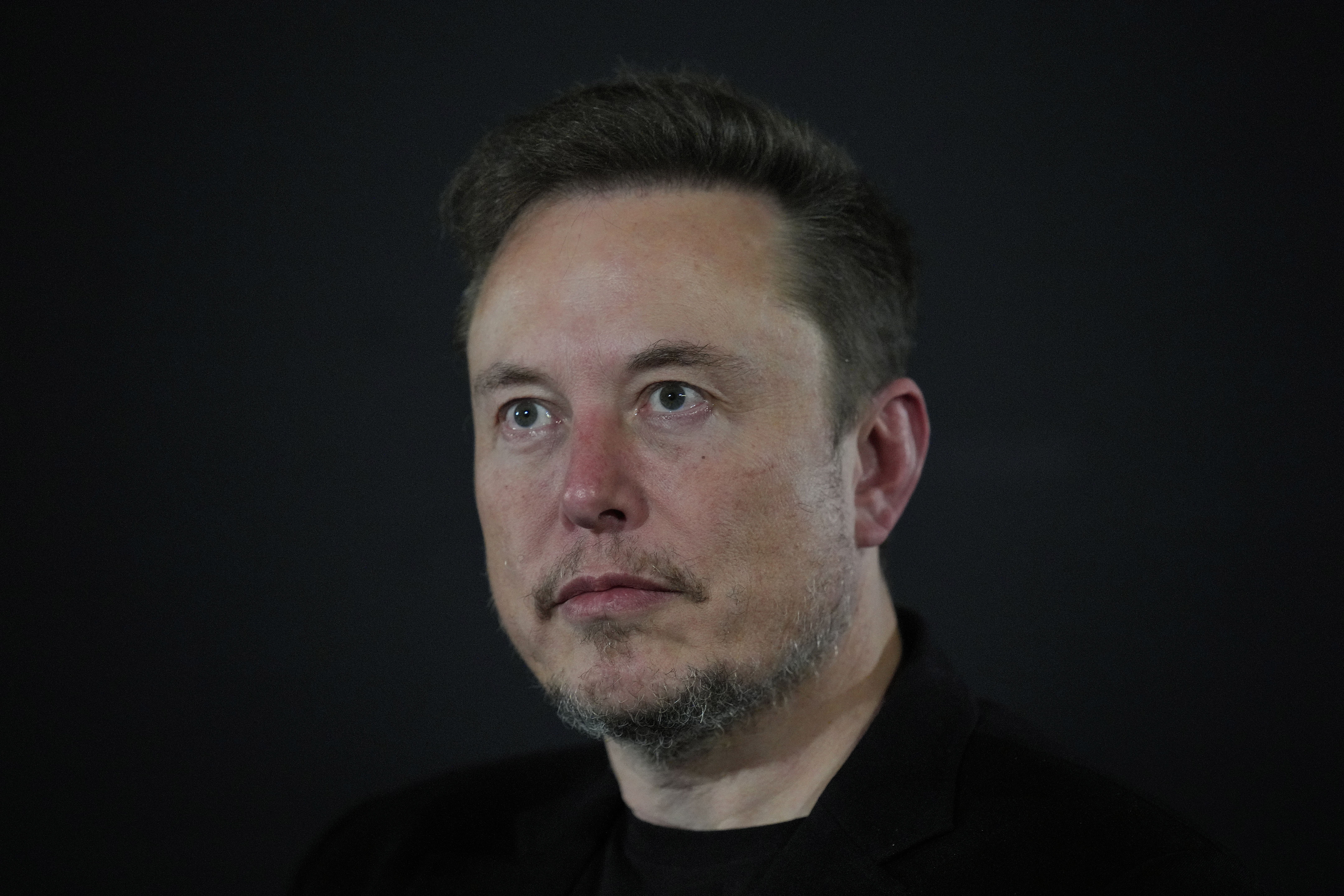How Elon Musk’s influence has grown both online and offline in 2024
The billionaire’s control of X, formerly Twitter, has helped him expand his impact offline over the last 12 months.

Your support helps us to tell the story
From reproductive rights to climate change to Big Tech, The Independent is on the ground when the story is developing. Whether it's investigating the financials of Elon Musk's pro-Trump PAC or producing our latest documentary, 'The A Word', which shines a light on the American women fighting for reproductive rights, we know how important it is to parse out the facts from the messaging.
At such a critical moment in US history, we need reporters on the ground. Your donation allows us to keep sending journalists to speak to both sides of the story.
The Independent is trusted by Americans across the entire political spectrum. And unlike many other quality news outlets, we choose not to lock Americans out of our reporting and analysis with paywalls. We believe quality journalism should be available to everyone, paid for by those who can afford it.
Your support makes all the difference.Elon Musk started 2024 as the controversial owner of a social media platform, but ends it as one of the most powerful individuals in the world and a key adviser to the incoming US president.
The debate around the billionaire has moved on dramatically over the last 12 months, from whether the way he was running X, formerly Twitter, would be viable or sustainable in the long-term, to whether Mr Musk’s own influence over global politics through his wealth and social media megaphone made him a threat to democracy.
The biggest story of 2024 around Mr Musk has been has dramatic swing behind the US President-elect Donald Trump ahead of the November election and how Mr Musk effectively reconfigured X into a vehicle to support the Republican candidate, alongside his personal fortune.
The result of that support has seen the entrepreneur catapulted to the very centre of Mr Trump’s inner circle as a key adviser – jointly leading a new unofficial government department which will focus on efficiency and has proposed cutting up to two trillion dollars – a third – of the US federal budget.
It means Mr Musk will go into 2025 with more power and influence than ever before, perfectly highlighted by a single post from him about his dislike of a bill to fund the US government, which then suddenly collapsed despite having previously had bipartisan support.
But this level of influence has also left many concerned about whether or not such power should sit with one private, and not elected, individual.
Some of those fears have also been fuelled by the string of scandals and controversies that Mr Musk has been involved in during the year.
Mr Musk started the year with a visit to Auschwitz, in an attempt to shut down accusations of antisemitism on X, with critics accusing the Tesla and SpaceX boss of engaging with and amplifying antisemitic content.
The visit came as advertisers continued to leave the platform over fears about the types of content that were now being allowed to spread under Mr Musk’s “free speech” mantra.
And those concerns continued later in January, when X briefly blocked searches related to Taylor Swift after deepfakes images of the singer began to spread online.
Criticism of the different types of content being allowed to appear and spread on X would continue throughout the year, but reached its peak during the summer riots in the UK.
Disorder broke out on streets across the country following the stabbings in Southport, fuelled by misinformation about the incident spreading on X, including false claims about the suspect.
As people posting content inciting the riots were arrested and charged, Mr Musk took to X to criticise the UK Government, interact with right-wing figures including Tommy Robinson and suggest the UK was heading for civil war.
Since then, Mr Musk has met Reform UK leader Nigel Farage amid rumours of a possible donation to either Mr Farage or Reform, sparking further debate about external donations into British politics and Mr Musk’s own ability to influence things as he determines.
But the increased polarisation of Mr Musk’s position has not just helped his rise within right-wing politics, it has also aided his rivals in the social media world.
Since taking over Twitter, as it was then in 2022, user numbers of rival sites have risen steadily, and Meta has launched a direct rival to X in Threads to give users an alternative place to go.
But in 2024, it has been Bluesky which has emerged as the likely main rival to X.
In the wake of Mr Trump’s election victory, Bluesky has seen user numbers grow as millions flock to the site, often citing the changing sentiment on X as a key reason for moving elsewhere.
Bluesky is still a long way from challenging X’s position in the social media landscape, but Mr Musk’s new partisan approach to politics – despite having previously said X would only thrive if the platform was politically neutral – could drive further growth to Bluesky and others in 2025.
And if the balance of power in the social media sector begins to shift, the Tesla boss’s influence in the real world could also be impacted.